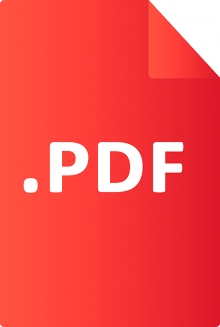Digital journalism and the role of social media in shaping public perception of Russian aggression in Ukraine
O. Marukhovskà-Kartunova, O. Marukhovskyi, M. Aleksandrova, I. Ivanova, N. Lebedenko
The purpose of the article is to study the role of digital journalism and social media in creating public perception of Russian aggression in Ukraine. To achieve this goal, theoretical general scientific research methods were used: analysis and synthesis. The use of the content analysis method to study the content of messages on social media and Internet platforms, the use of a descriptive qualitative approach combined with discourse analysis and language reconstruction became relevant. The results of the study indicate that among the obvious advantages of online journalism are a variety of information sources, the ability to disseminate news quickly, interaction with the audience, global reach, and open access to information. In addition, in the Ukrainian context, coordinated efforts have effectively raised the visibility of Ukraine's current needs in search engines, which has contributed to their resolution. However, it should also be recognised that online journalism has its drawbacks. The manipulation and spread of fake news used by Russian propaganda has highlighted the vulnerability of this form of journalism. The scale and intensity of Russian propaganda had a significant impact on the formation of public opinion among Russians and partly among foreigners. They began to use imposed narratives to understand Russian aggression and the role of other countries in the conflict. The conclusions emphasise that these trends underline the importance of the theory of use and gratification, which indicates that audiences have their own views on information sources and are influenced by them according to their own beliefs.
Keywords: online journalism, social media, manipulation, Russian-Ukrainian war, digitalization

